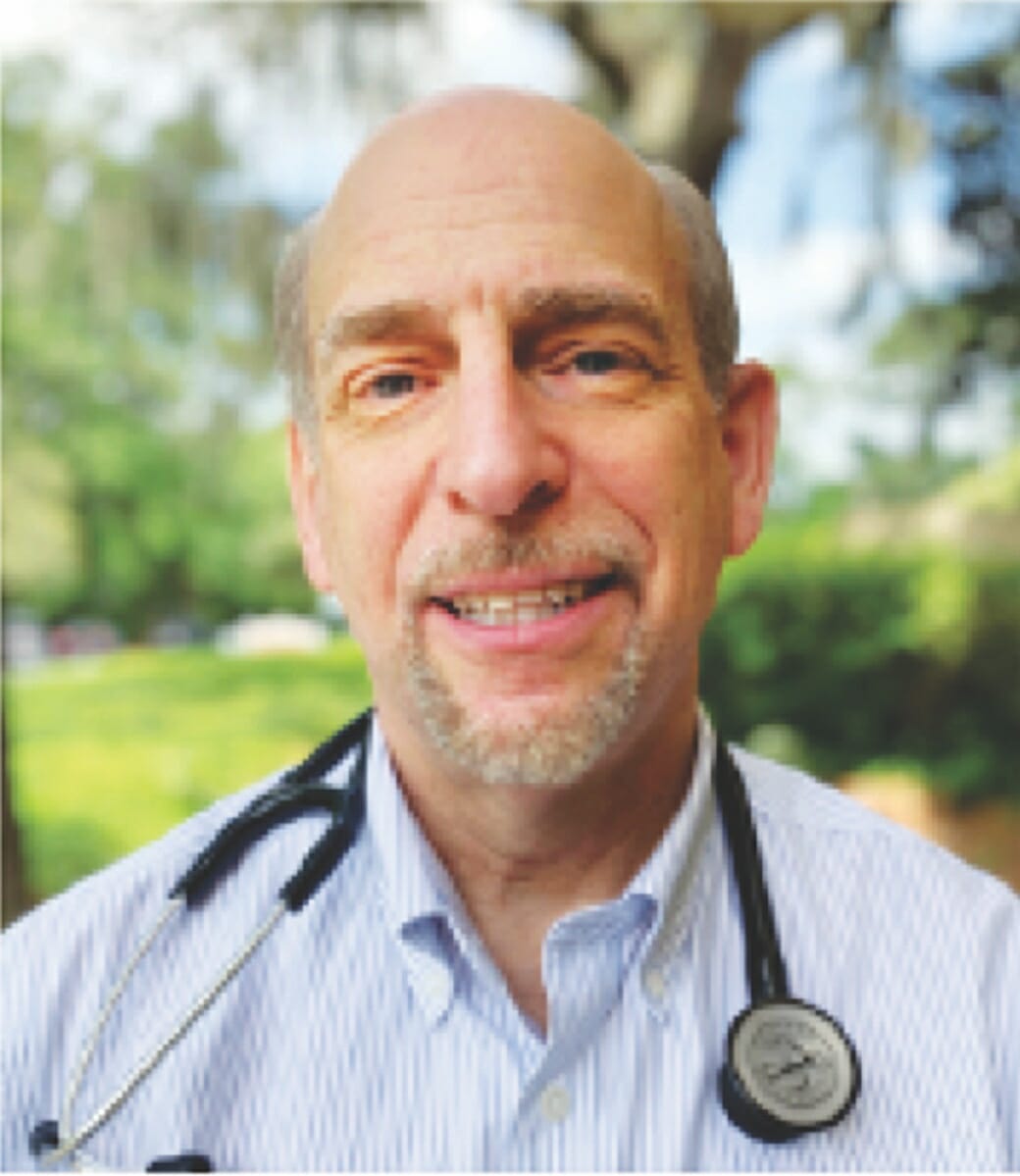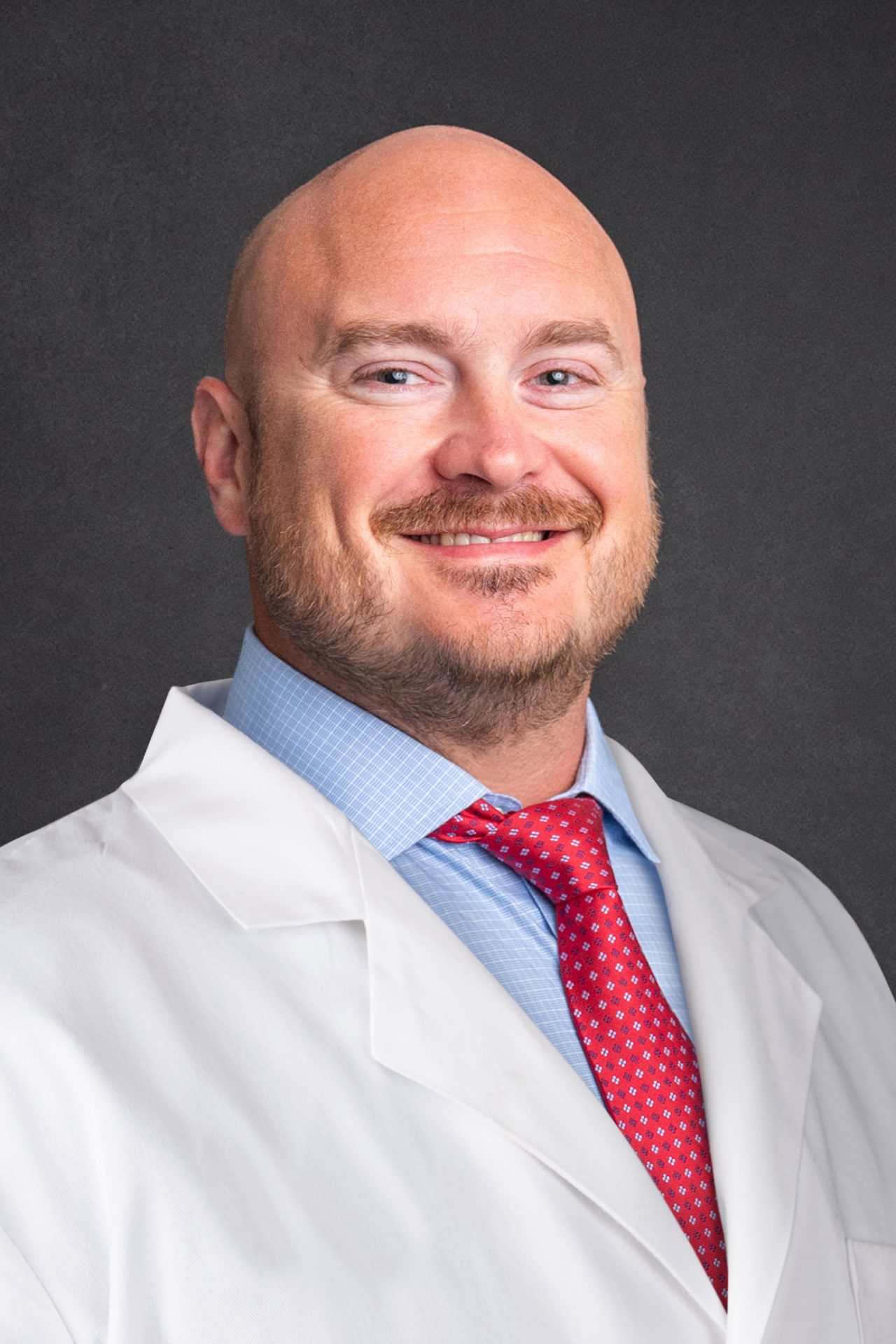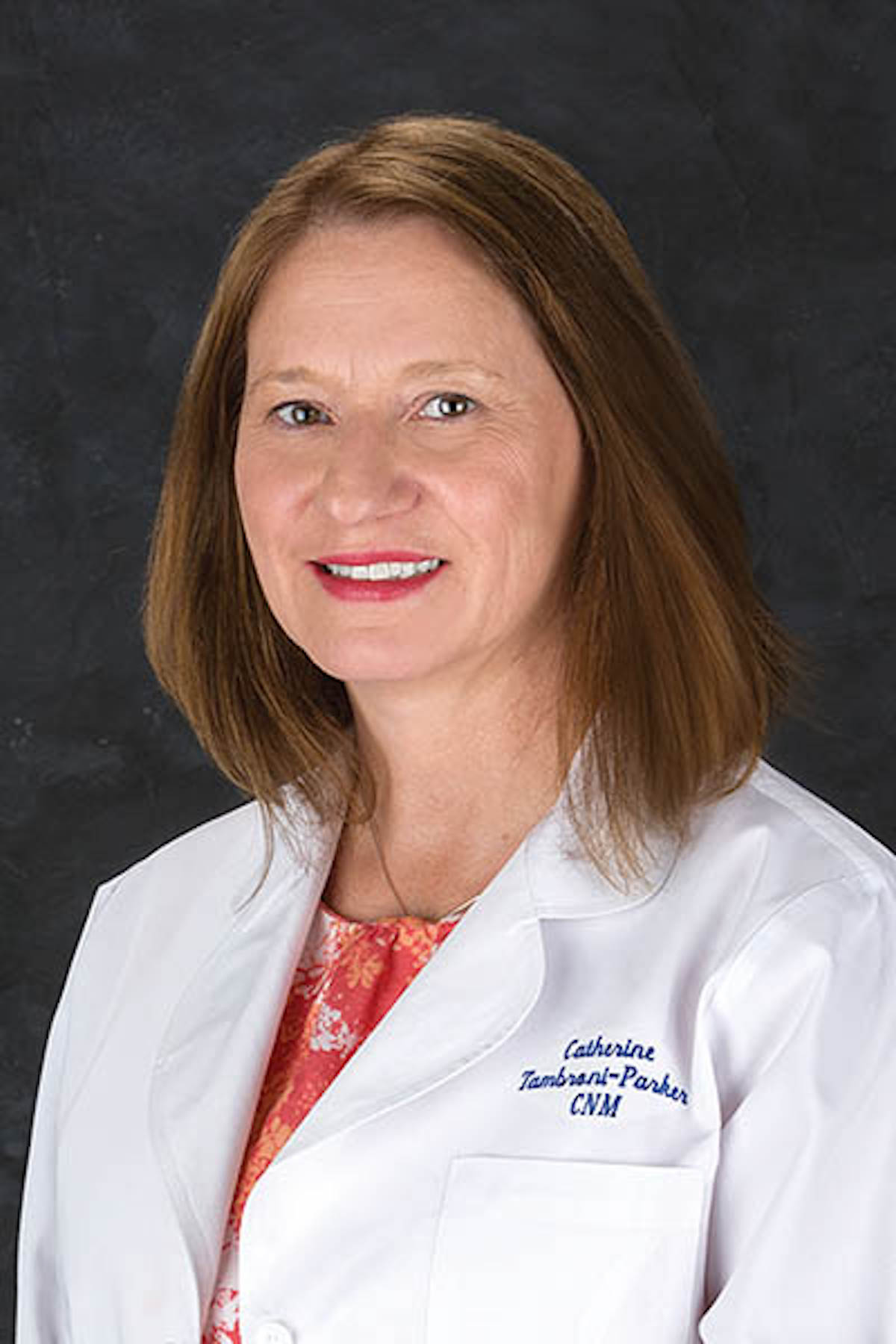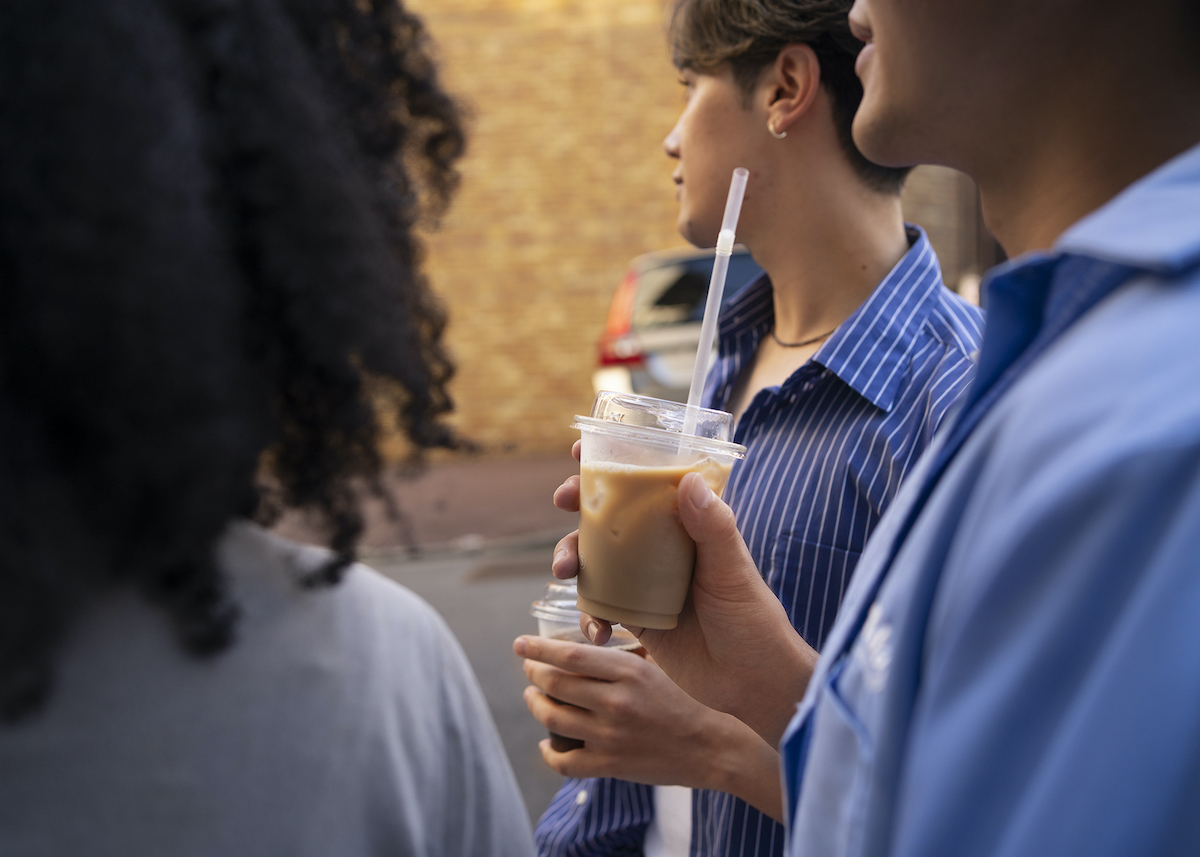By Laura Kaponer
Today, I was faced with the question, “What is a belief you hold because of your mental illness? Do you still believe it?”
Throughout my recovery, I have been different versions of myself, but still always on some level myself, depending on the varying degrees of my symptoms.
Some beliefs have been delusional, some very dark and threatening, some completely euphoric. And as time passes, so do most of these beliefs.
One belief however has come back time and time again like an old habit – the belief that I am unlovable.
This is not about any lack of love in my life past or present. It’s more about whether I am so inherently broken that I am incapable of truly feeling the love others give me.
The early pages of “Borderline Personality Disorder Demystified” by Robert O. Friedel, M.D., mention how my symptoms are not my fault, essentially saying I am wired differently from the neurotypical person.
That’s not to say I don’t have a responsibility to seek treatment for and manage my symptoms, because I absolutely do. But having this illness in the first place is not because of any wrongdoing on my part. With my illnesses, I have inherited certain deficits. Some I can take an active role in diminishing, while others I can not.
I review my history of unhealthy relationships on pretty much every level, and they all have one common denominator – me. At some point I have to stop pointing my finger at everyone else, then stop to take a long hard look at myself: the failed romances, the expired friendships, the countless ex-roommates that ran away screaming, the former employers that couldn’t wait to get rid of me.
Maybe the cold hard truth is “it’s not them, it’s me.”
Maybe there’s a deficiency in me, where I don’t know how to properly care for someone else or even properly care for myself. Something good and beautiful comes my way, but all I can do is stand there, blinking repeatedly at it.
Unlovable to me isn’t about me growing to a bitter old age, standing outside in the rain, crying that no one loves me. I think maybe it’s the complete opposite. I have all these people in my life who do love me and I have no idea what the hell to do with it.
I imagine this message continually flashing across my brain – INPUT ERROR. Is this something that can actually be taught? Is there some version of insulin for my malfunctioning brain that cannot process an overdose of love?
I have to convince myself on a daily basis that perhaps just because a belief feels real and true doesn’t necessarily make it so.
If I was this robotic being incapable of being loved by those around me, would they still continue to love me?
How do I actually know I have experienced love first-hand, or do I just think I have, based on what others have told me?
Laura Kaponer is a mental health advocate and blogger, as well as a volunteer with the local chapter of NAMI. You can find her on social media by searching #Laurakaponeris1in5.







